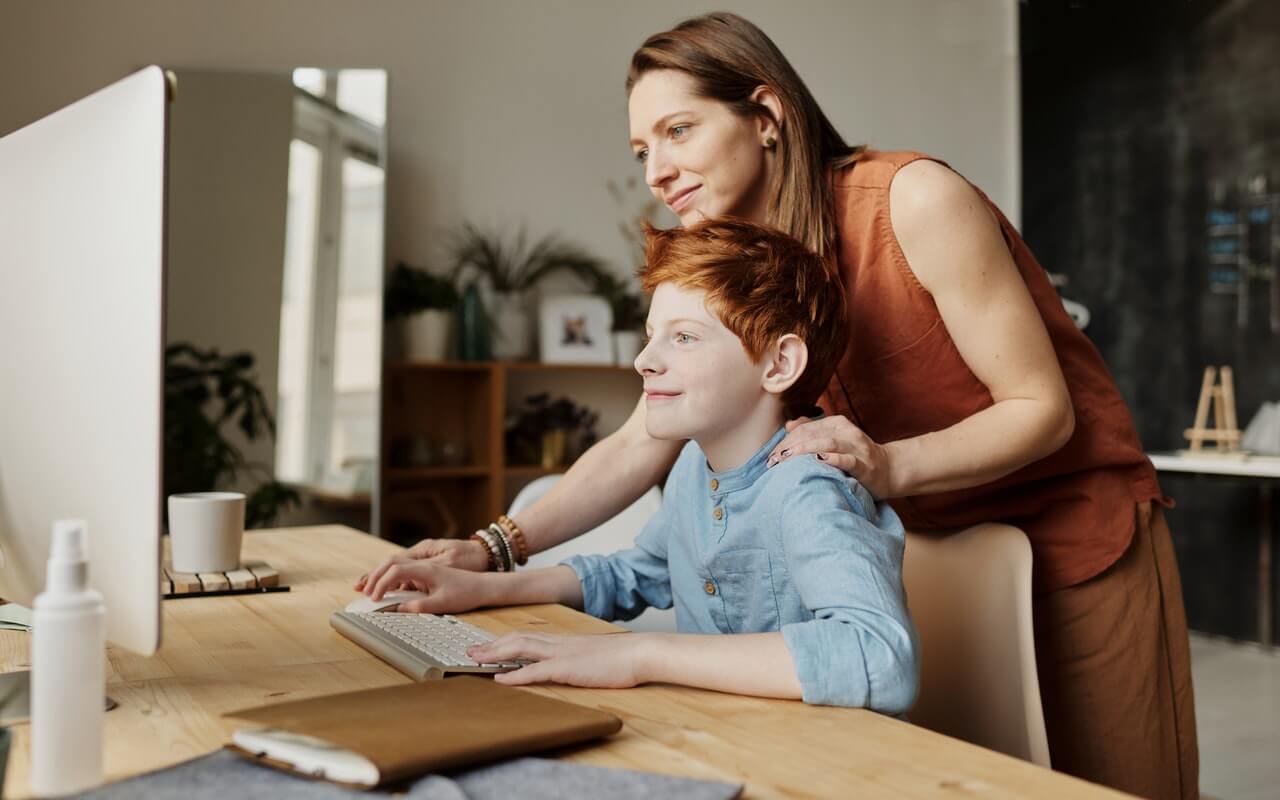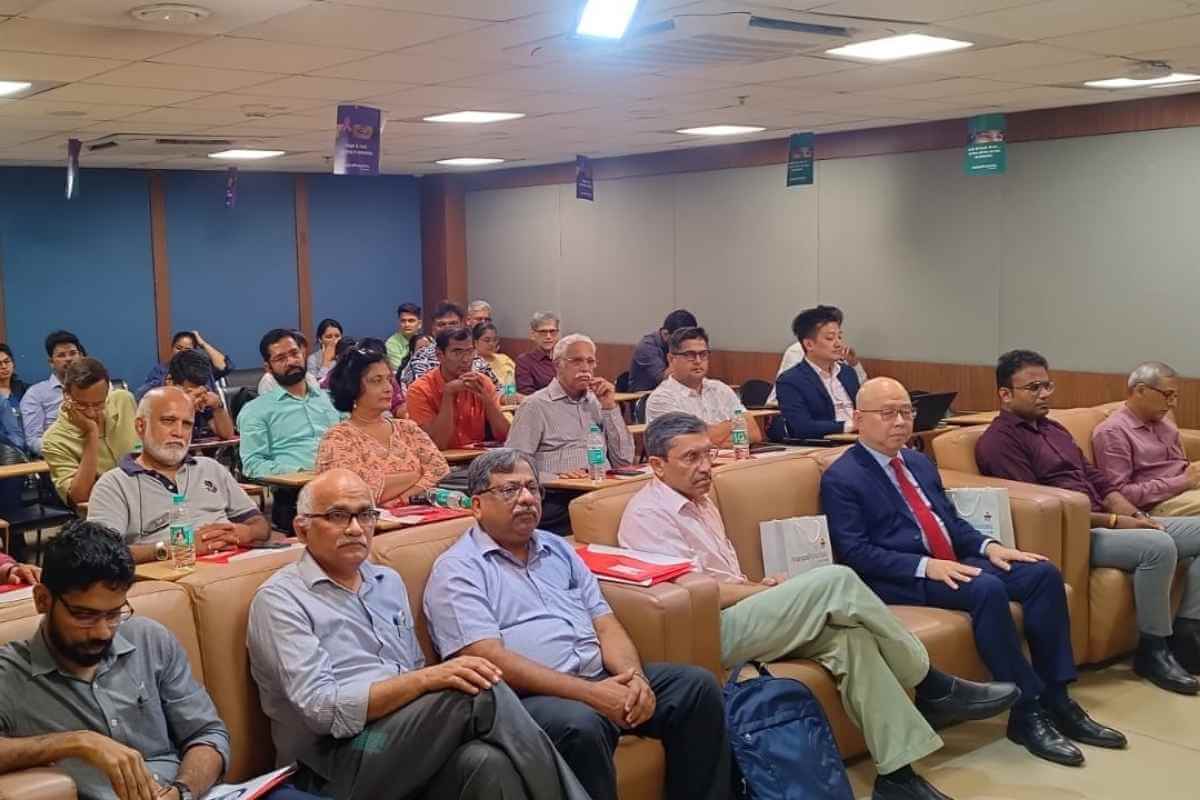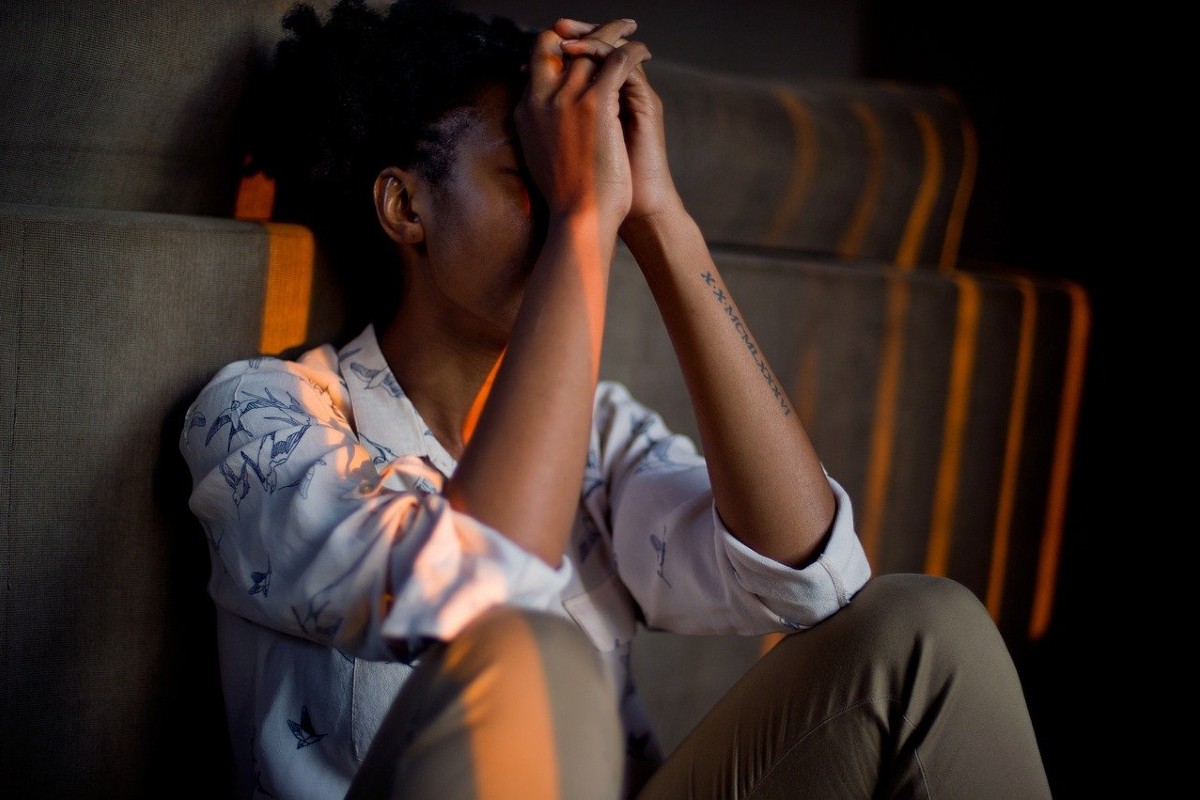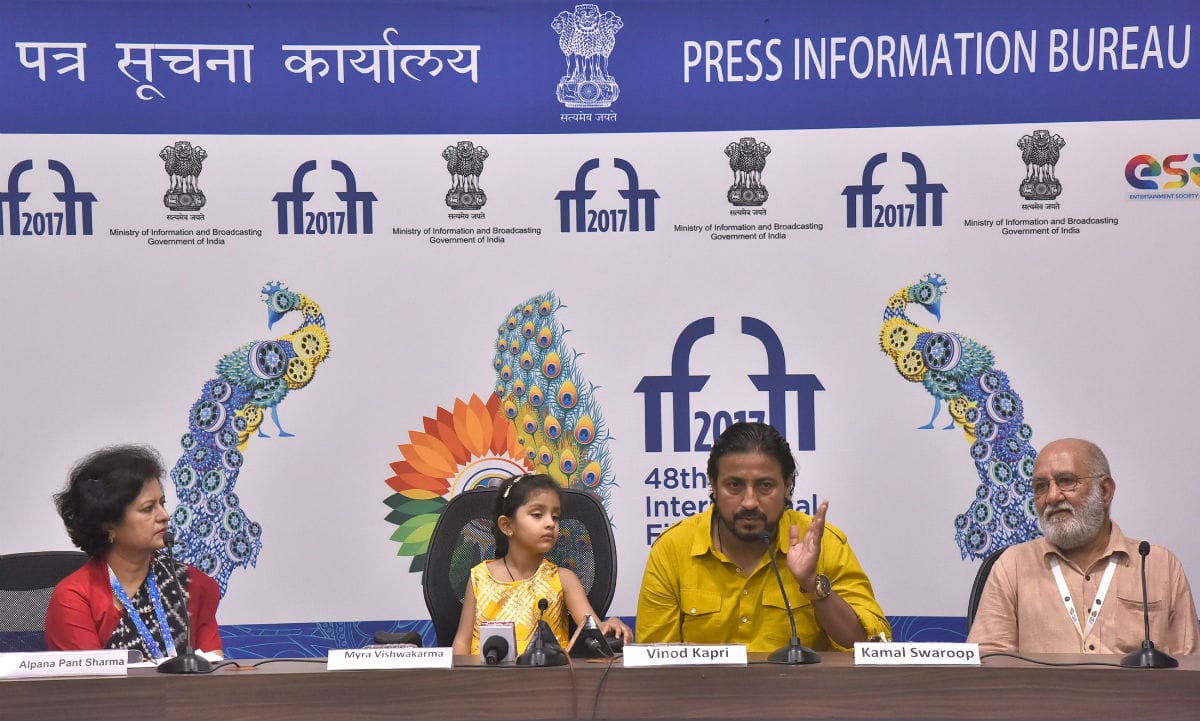Your 16 year old daughter comes home & shuts herself in the room. At dinner she avoids eating and is constantly looking at her phone. After a while you find her sobbing in the room & finally muster the courage to go and talk to her about what’s wrong.
You find out for the first time that she was dating someone, & has just suffered her first break-up. What would you do? Would you lecture her about dating at such a young age? Or talk to her about what happened and offer help? Or perhaps you would just choose to be there for her, as she cries her heart out?
It is not easy to navigate between the roles of a parent & that of a friend, particularly if your children are teenagers; there is already so much going on in the background at that front that it becomes difficult to hold one clear position. And perhaps, it’s best that as parents we don’t adopt just one role in our children’s lives.
A parent’s role needs to be fluid, and needs to be constantly changing as per the demands of the situation. What’s more relevant however, is that, your roles remain consistent in similar situations, and don’t fluctuate randomly?
To be honest, if as a parent you are viewed as reliable, approachable and reasonable, and if your children feel that they can reach out to you for sharing any piece of information, you will automatically also be viewed as a friend.
You can choose to be a parent, or a friend or both, depending on the situation. But remember that your children already may have several friends, and therefore, in some cases, you will need to harden up and be the parent who your child needs. So here are a few research backed suggestions to maintain a balance between being a parent and a friend to your child.
- Set clear boundaries: If you constantly feel the pressure to become a friend to your child, you may end up becoming far more permissive than is going to be healthy for them. You are a parent first, and it’s important to set boundaries where required. A parent who is a friend will let their children know that there are rules to be followed, but at the same time they will be there to support, listen & encourage in the long run.
- Watch your vocabulary: As a parent if at all you are striving to also be a friend to your child, it is important to be aware of the choice of words that you use while communicating with your children. Let’s say your child becomes friends with someone who you don’t feel is good company and then that person ditches your child. In such a situation, passing statements like, “I told you so”, will not help. It will only bring in unnecessary distance between you & your child.
- Your parenting roles are bound to change: As your child passes through different stages of life, so will the different roles that you need to perform. Most importantly, your child will need you to be a parent at various stages of their life. For example, if your teenager is consuming drugs because all their friends are, then you need to stand up and be a parent and guide your teen toward healthier behaviors; being a friend in this case, will backfire. Your teen has a love for video games and you give them company once in a while to play, will ensure that the friendship bond is kept alive.
Be a parent who is also a friend to your child, but remember to strike a balance. It’s a fine line there and much of your behavior is going to be situational. As long as there is consistency and you are viewed as a parent who your child can confide in, & look forward to for discussions, the job is done.
Photo by Julia M Cameron from Pexels

























